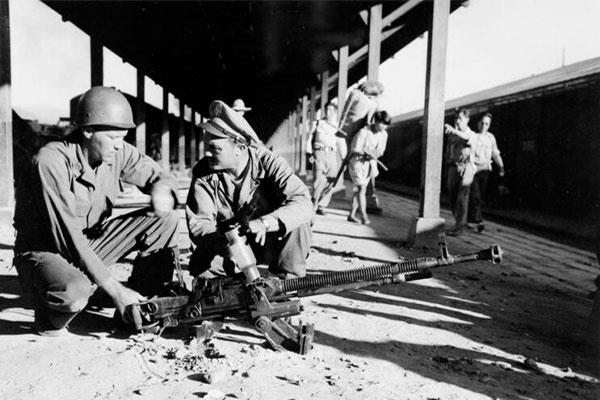
In this lecture, Professor of Military History Tarak Barkawi, from Johns Hopkins University, takes the audience back to the Korean War (1950-1953).
Collective understanding of a war
In 20th-century America, "battle historiography" served as an important bridge between the front line and the home front. Soldiers not only participated in the war, but also in the production of stories about it - a dual engagement that we see replicated today in Ukraine, where both official and personal narratives play a central role in the collective understanding of the conflict.
By analysing the differences and similarities between the narratives from the Korean War and contemporary war narratives in Europe, we can gain insight into how war affects society - not only through violence and destruction, but also through the stories that are told and remembered.
Tarak Barkawi is a military historian and interdisciplinary scholar of war and armed force in world politics. His most recent book, Soldiers of Empire, examined the multicultural armies of British Asia during World War II and won the American Historical Association's Paul Birdsall Prize in 2018 and the International Studies Association's Francesco Guicciardini Prize in 2018.
- The lecture takes place at the University of Copenhagen, South Campus - room 4A.2.78
- The lecture will be held in English
- Before the lecture, there is an opportunity to receive a paper from Tarak Barkawi. If you are interested, please write to Nordic Humanities Center at: nordic@hum.ku.dk
All are welcome to attend
- Organizer: Nordic Humanities Center
- Address: Karen Blixens Plads 8, 2300 København S
- Contact Email: nordic@hum.ku.dk
- Add to your calendar: https://eom.sdu.dk:443/events/ical/c1324131-f57c-4a8a-8f3f-12dca0070622